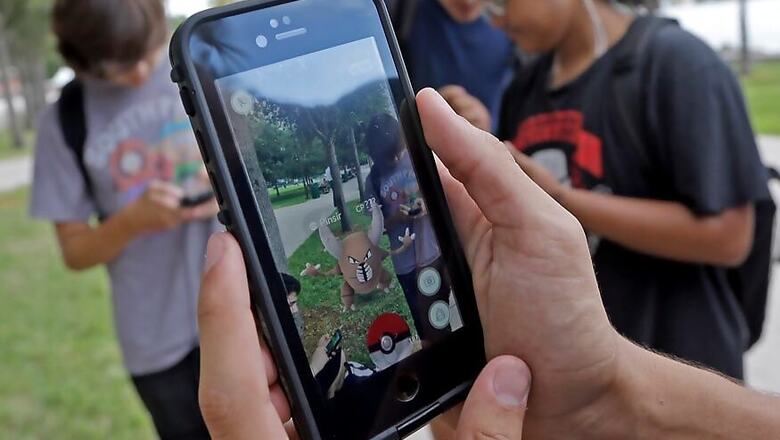
views
The addictive mobile game "Pokemon Go" has led many people to unlikely places to collect digital monsters including the gates of a Central California ranch that houses alcoholics and sex offenders.KSBY-TV reports that the game has a "Pokestop" at the outdoor sign of Sunny Acres, a San Luis Obispo sober-living facility for the homeless, recovering drug and alcohol addicts, the mentally ill and released sex offenders.
Founder Dan De Vaul tells the Los Angeles Times that no "Pokemon Go" players have shown up, and he doesn't want them there, especially children. De Vaul says some residents might be put at risk of violating parole conditions.
Many PokeStops were originally submitted by players of "Ingress," an earlier game by "Pokemon Go" developer Niantic. An email to the company wasn't immediately returned.
"Pokemon Go" is a free game app that you can download for your iOS or Android smartphone. The game asks players to wander their real-world neighborhoods on the hunt for the animated monsters made famous years ago by cartoons, video games and trading cards.
Players build their collections, make their Pokemon more powerful and do battle with those held by other players.
Pokemon Go uses smartphone satellite location, graphics and camera capabilities to overlay cartoon monsters on real world settings, challenging players to capture and train the creatures for battles.
The app displays your avatar amid a grid of streets and other bits of geography, such as rivers and parks. It's like a bare-bones version of Google Maps with a pretty sky above it. You can see in all directions by spinning your character around.(With inputs from agencies)




















Comments
0 comment